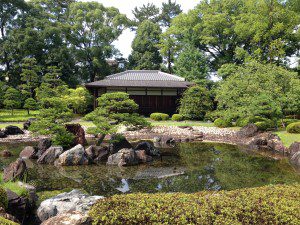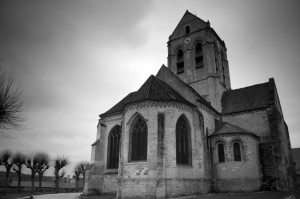Recently, during a conversation over dinner in Japan, a Buddhist scholar told me that he believes John Lennon’s song “Imagine” was inspired by Buddhism’s Heart Sutra. Lennon’s song reflects upon a world without heaven, countries, possessions, religion, and war. Perhaps the following lines from The Heart Sutra served as influences to Lennon in writing the song: Therefore, in the void there are no forms and no feelings, conceptions, impulses and no consciousness: there is no eye, ear, nose, tongue, body... Read more















